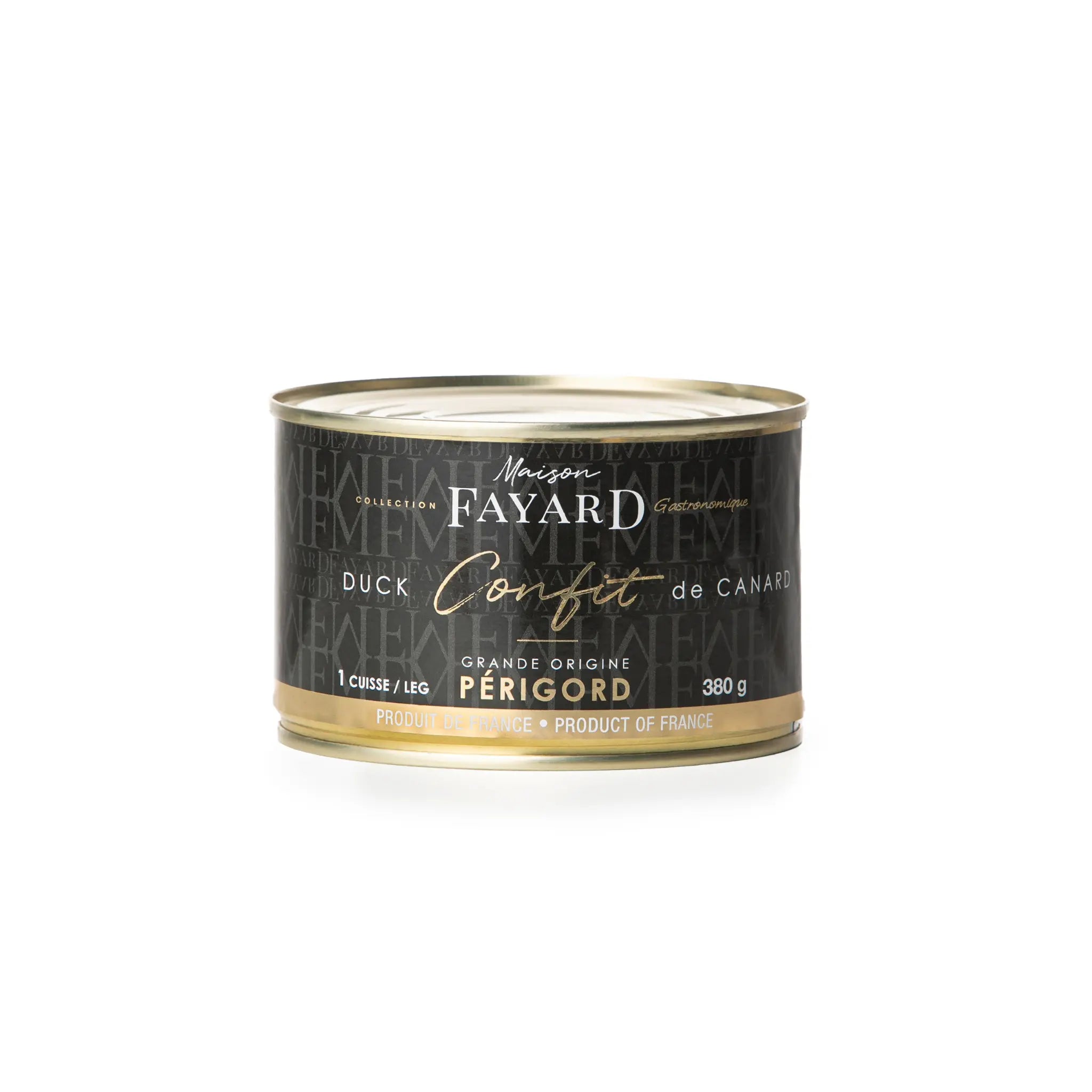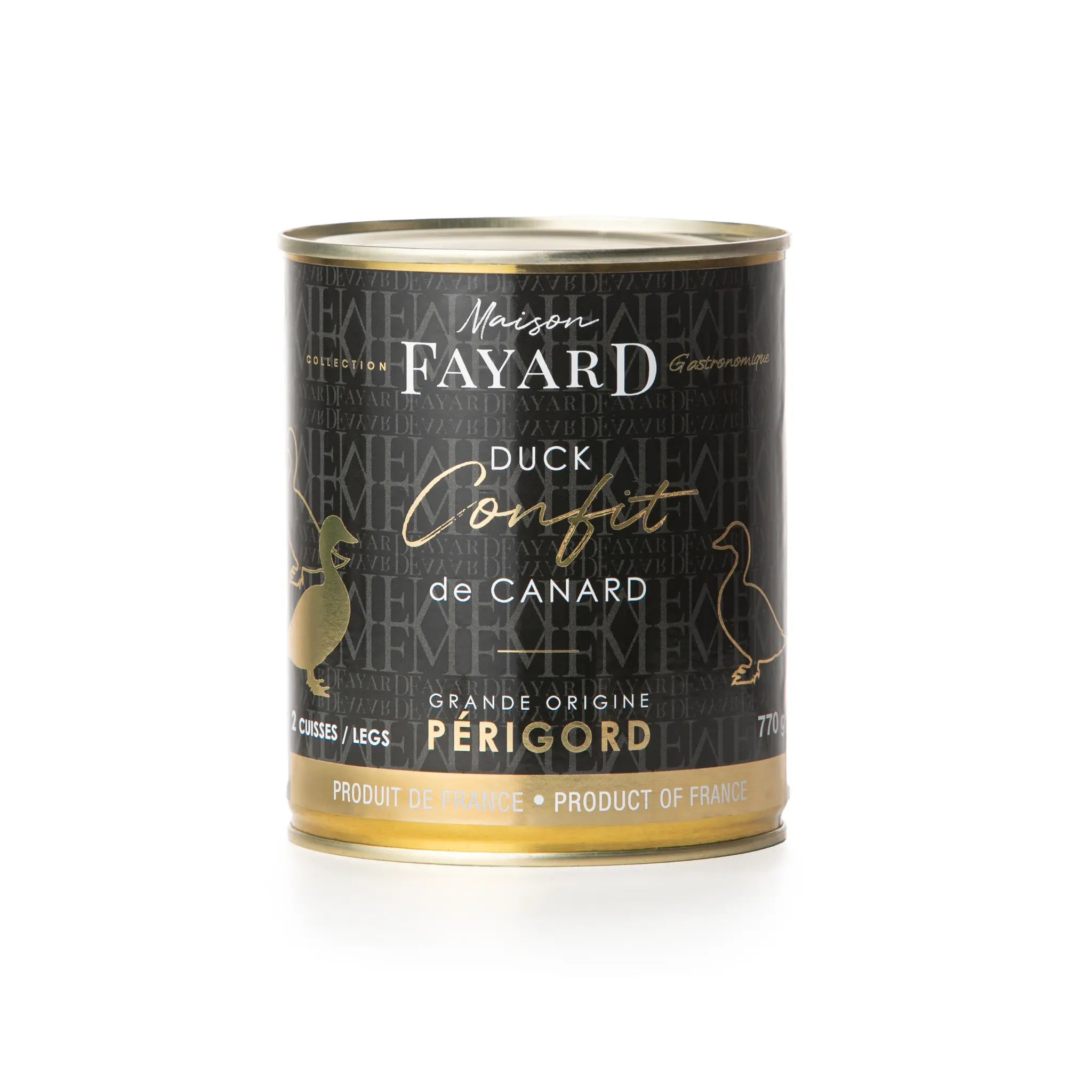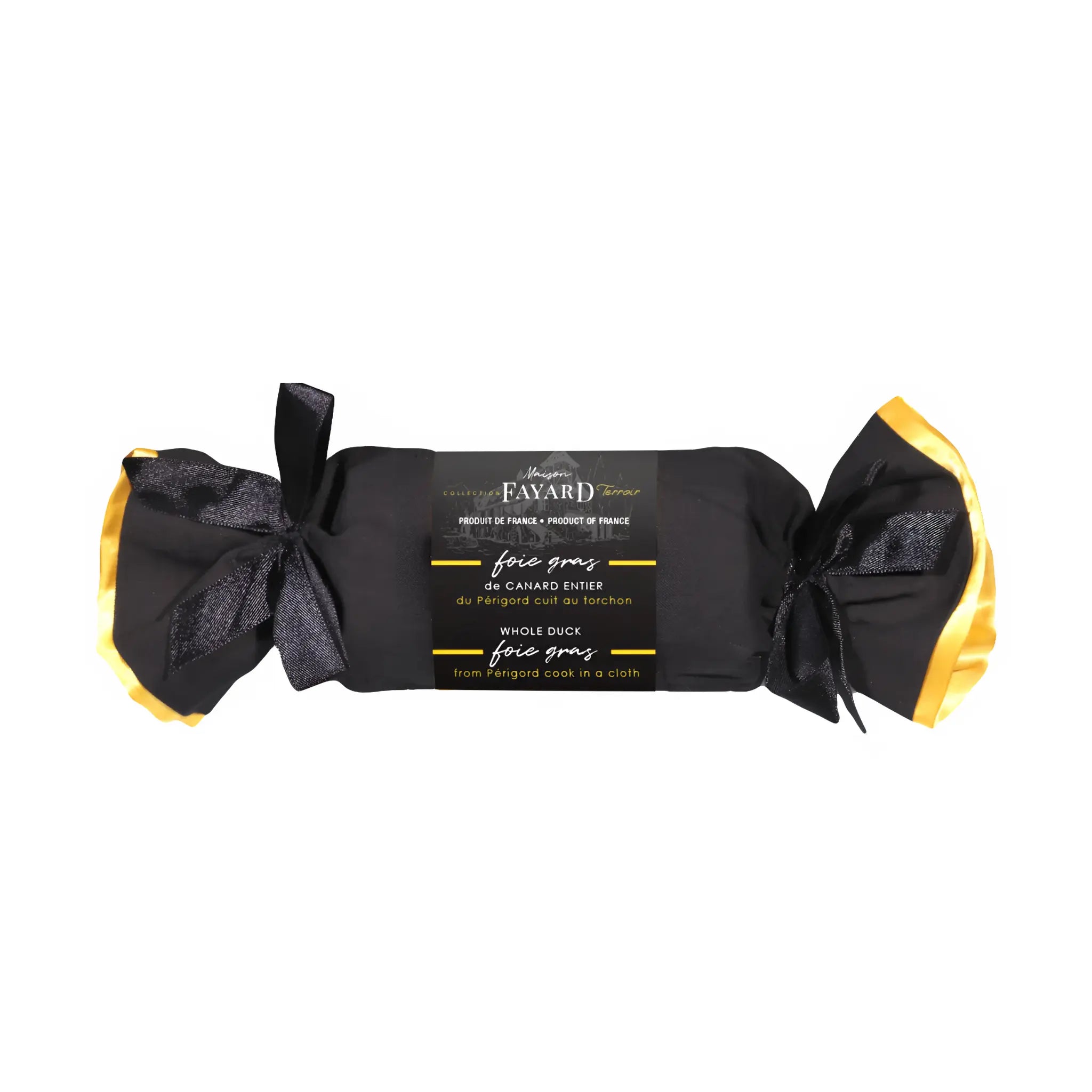Article: Foie Gras Ethics: Understanding Controversies and Production Practices
Foie Gras Ethics: Understanding Controversies and Production Practices
Foie gras, a luxury delicacy often celebrated for its rich flavor and smooth texture, has sparked fierce debate surrounding its ethical production practices. As consumers increasingly value animal welfare, understanding the moral implications of foie gras production becomes essential. This article delves into the intricate issues surrounding foie gras, providing insights into its history, production techniques, and the ongoing controversies it generates.
What is Foie Gras?
Foie gras, which translates to "fat liver" in French, refers to the liver of ducks or geese that have been specifically fattened through a process known as gavage. This technique involves force-feeding the birds to achieve the desired enlarged liver. The history of foie gras dates back to ancient Egypt, where geese were naturally fattened for migration, leading to the discovery of this gourmet dish that later fascinated the culinary world.
The Culinary Significance of Foie Gras
Often served in upscale restaurants, foie gras is praised for its unique flavor profile and buttery texture. It can be enjoyed in several forms, including:
- Pâté
- Terrines
- Mousses
Despite its status as a luxury ingredient, the production methods used to create foie gras have increasingly drawn scrutiny from animal rights advocates.
The Production Process of Foie Gras
The traditional method of producing foie gras focusses on the process of gavage, which typically occurs when the birds are between 12 and 18 weeks old. During this time, they are confined to small spaces to facilitate feeding. Gavage generally involves:
- Inserting a funnel or tube into the bird's esophagus.
- Feeding them a high-starch diet, usually corn.
While this method has been criticized for its perceived cruelty due to confinement and forced feeding, some producers emphasize adhering to humane practices, promoting animal welfare along their production processes.
Modern Alternatives to Traditional Gavage
In response to consumer concerns, some farms have begun exploring alternative methods that allow the geese and ducks to self-feed. These practices avoid gavage and instead focus on natural behaviors that lead to liver fattening, such as:
- Providing access to a diverse diet of grains and natural foods.
- Creating an environment that mimics their natural habitat.
These initiatives aim to produce foie gras while considering animal welfare and meeting the growing demand for ethically produced food.
The Ethical Debate Surrounding Foie Gras
The ethical questions surrounding foie gras primarily stem from animal welfare concerns. Critics argue that force-feeding is inherently cruel and leads to health complications for the birds. Advocates for animal rights have raised issues such as:
- Physical trauma due to excessive feeding.
- Stress and anxiety resulting from confining conditions.
Furthermore, legislation in several countries has resulted in bans on foie gras production, creating a contentious landscape for consumers and producers alike.
Legal Actions and Bans on Foie Gras
Countries such as California have enacted laws prohibiting the production and sale of foie gras, reflecting a significant shift in public opinion surrounding the treatment of animals in food production. However, these laws are often met with resistance from gourmet chefs and consumers who consider foie gras a culinary treasure.
Exploring Animal Welfare and Foie Gras Production
Supporters of foie gras production argue that reputable producers ensure a high standard of animal welfare. They maintain that well-regulated farms meet stringent guidelines and often adhere to rigorous ethical standards. As a result, many consumers still seek foie gras, asking: Where can I find foie gras near me?
Supporting Ethical Practices in Foie Gras Production
Consumers can support farms that emphasize humane treatment and ethical production techniques. This means choosing products from established brands that prioritize animal welfare, contributing to a market shift towards sustainable practices.
Health Benefits and Culinary Uses of Foie Gras
In addition to its controversial production, foie gras provides various health benefits when consumed in moderation. Rich in vitamins A and B, it also contains healthy fats that can be beneficial for brain function. Culinary enthusiasts appreciate the versatility of foie gras:
- It can enrich sauces and broths.
- Its unique flavor profile enhances gourmet dishes.
Foie gras is often paired with sweet accompaniments, such as fruit compotes or full-bodied wines, enhancing every dish with an element of luxury.
Creating Dishes with Foie Gras
Foie gras can be prepared in various styles, including:
- Seared on a hot plate for a crispy exterior.
- Whipped into a mousse for elegant spreads.
Innovative chefs continuously experiment with foie gras, integrating it into contemporary dishes while respecting traditional techniques.
Consumer Responsibility and Foie Gras
As consumers, we bear the responsibility to make informed choices about the food we purchase, particularly in the case of foie gras. This includes investigating the sources of foie gras we consume and understanding the production practices behind the products in our local markets.
Embracing Sustainable Choices
When looking for foie gras for sale, consider choosing brands that practice humane production and strive to create a sustainable environment for their birds. By supporting responsible producers, consumers can enjoy luxury items like foie gras while fostering a more ethical food industry.
Conclusion: The Future of Foie Gras
The discussion surrounding the ethics of foie gras production is ongoing and multifaceted. It invites consumers to reflect on their choices and encourages producers to adapt to changing public sentiments. As the demand for ethical practices grows, the culinary legacy of foie gras is evolving. Whether you are a long-time aficionado or exploring this gourmet delicacy for the first time, understanding the complexities of foie gras ensures a conscious approach to indulging in this luxurious food. To learn more about ethically sourced foie gras and find products for sale, explore your local gourmet markets today.












Laisser un commentaire
Ce site est protégé par hCaptcha, et la Politique de confidentialité et les Conditions de service de hCaptcha s’appliquent.